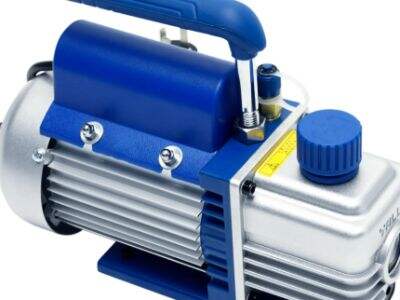Weight vessels are extraordinary machines that play an imperative part in numerous distinctive businesses. These machines are built to contain gasses and fluids at tall weight. This makes a difference them capture and store feedstocks that are antecedents to something like fuel, chemicals or indeed nourishment. Weight vessels are greatly imperative in guaranteeing that these materials are put away in a secure and effective way.
Feature Friday: Why Pressure Vessels Matter
Pressure vessels are a key part of many businesses. They help ensure gases and liquids are contained safely, so they do not leak out or explode. This is extremely critical because if they leak or explode, they could be harmful to humans and the environment. Pressure vessels are ubiquitous in oil refineries where they are used to process fuels, chemical factories to process chemicals, and power plants to gather energy. All these industries rely on pressure vessels for safe and efficient operation.
How to select the right pressure vessel with pumps
Some of these pressure vessels also have pumps which help in keeping the exact pressure inside the vessel. This means that the first measurement also helps keep the gases and liquids at a certain level and at a safe level for that particular process. Here are some things to know about how to select a pressure vessel. First, consider what the vessel is made out of. And various materials can withstand various types of pressure and material. Then think about the size and shape of the vessel. It should take up the right amount of space for the spot you have, and hold the right amount of stuff. Another thing to keep an eye on is the pressure rating, which indicates how much pressure a vessel can handle safely. Also, check the type of pump it uses and what kind of fluid or gas it will contain. One of the most important systems that keeps us going strong and ensures everything runs smoothly is a pressure vessel.
Industry-Specific Features
Every industry has unique requirements for pressure vessels. “It has to be clean, you can’t have a pressure vessel that’s going to spoil or introduce any type of contaminating agent into the food processing plant. This means that the materials making the vessel must be food contact safe. By contrast, a chemical plant requires a pressure vessel that is resistant to chemical corrosion, which means it needs to be manufactured from materials that will not decompose when exposed to harsh chemicals. It is of utmost importance to ensure that your pressure vessel possesses the appropriate attributes that cater specifically to your industry. In this manner, you can upgrade everything to a workable and secure degree.


